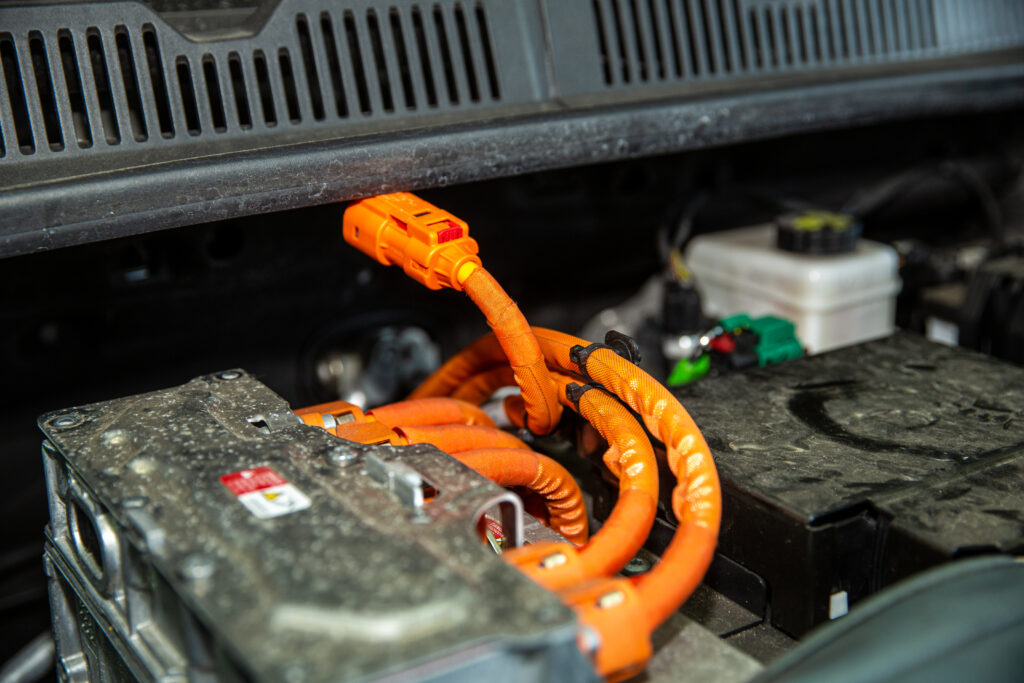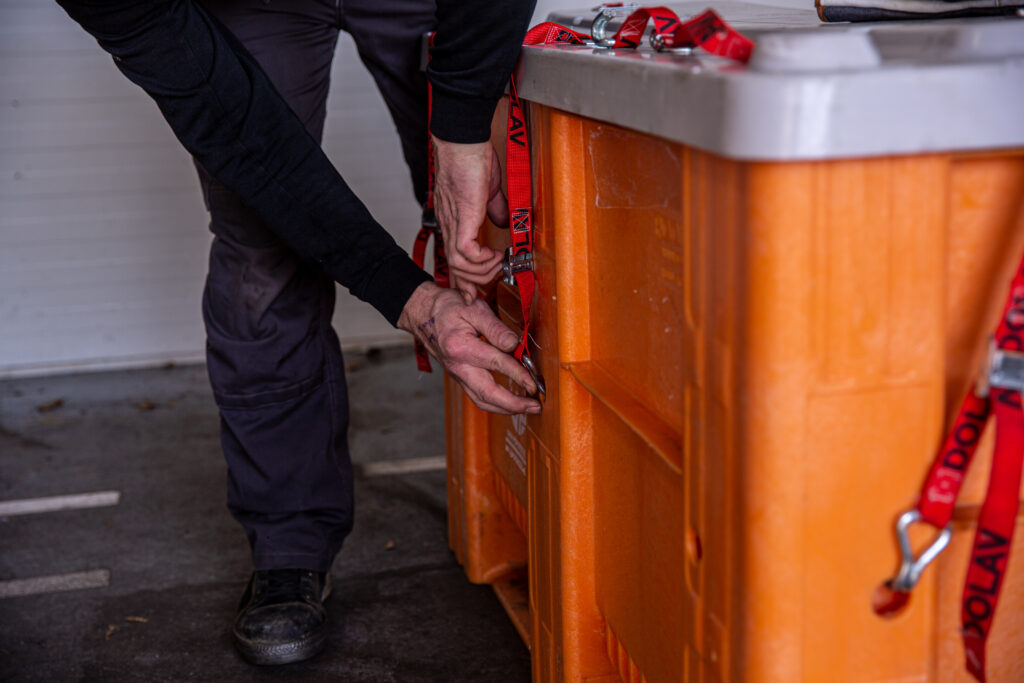According to RAI Association figures, 11 per cent of all passenger cars sold in 2021 were fully electric. But in 2022, this shot up to 26 per cent. By the end of 2022, a total of 340,583 cars with a fully electric powertrain were on the Netherlands’ roads. This substantial increase in electric vehicles will lead to a rapid hike in the number of car batteries that will need to be recycled in a high-value manner.

Producer responsibility
Car manufacturers and importers are mandatorily obliged to take back drive batteries at the end of their useful life. In the Netherlands, however, many car importers have outsourced this responsibility to ARN. To this end, ARN assumes responsibility for the collection and processing of the batteries and reports annually to the government on the number of batteries collected and the associated recycling performance.
End-of-life batteries
When a battery or module has to be disposed of, it is removed from the car at a dealer or by a car-dismantling company. To underscore safety, strict procedures apply to this removal, including the use of the correct tools and protective equipment. The battery or module is then registered with ARN, correctly packaged under the recommended conditions, and then prepared for transport by a specialised transport company. A total of 105,412kg “transport-secure” and 7,870kg of “non-transport-secure” batteries were processed. For safety reasons, special packaging must be used in the transportation of the latter category.

113,282kg batteries recycled in 2022
In this way, 113,282kg of lithium-ion batteries were recycled via ARN in 2022 (compared with 127,537kg in 2021). Most of these batteries (86,018kg) were recycled via battery-recycling companies, compared with 59,465kg the previous year. The remaining batteries, 27,264kg, were eligible for second-use applications, in the form of stationary energy storage, for example. This was significantly less than the 68,072kg that were similarly eligible for second-use applications in 2021. Technological developments and new regulations are expected to further decrease the demand for second-use batteries during the coming years.
Second lease of life
Batteries that are still considered good enough, can be given a second lease of life by specialised companies in the Netherlands. ther batteries are sent to specialised battery-recycling companies throughout Europe so that scarce raw materials, such as cobalt and nickel, can be recovered from them. In this way, raw materials from end-of-life batteries can be made available for reuse in new batteries.
* At the time of publication of this Sustainability Report, the realised recycling performance for battery recycling in 2022 was not yet known. A press release on this will follow in the third quarter of 2023. A news release will follow in the third quarter of 2023.